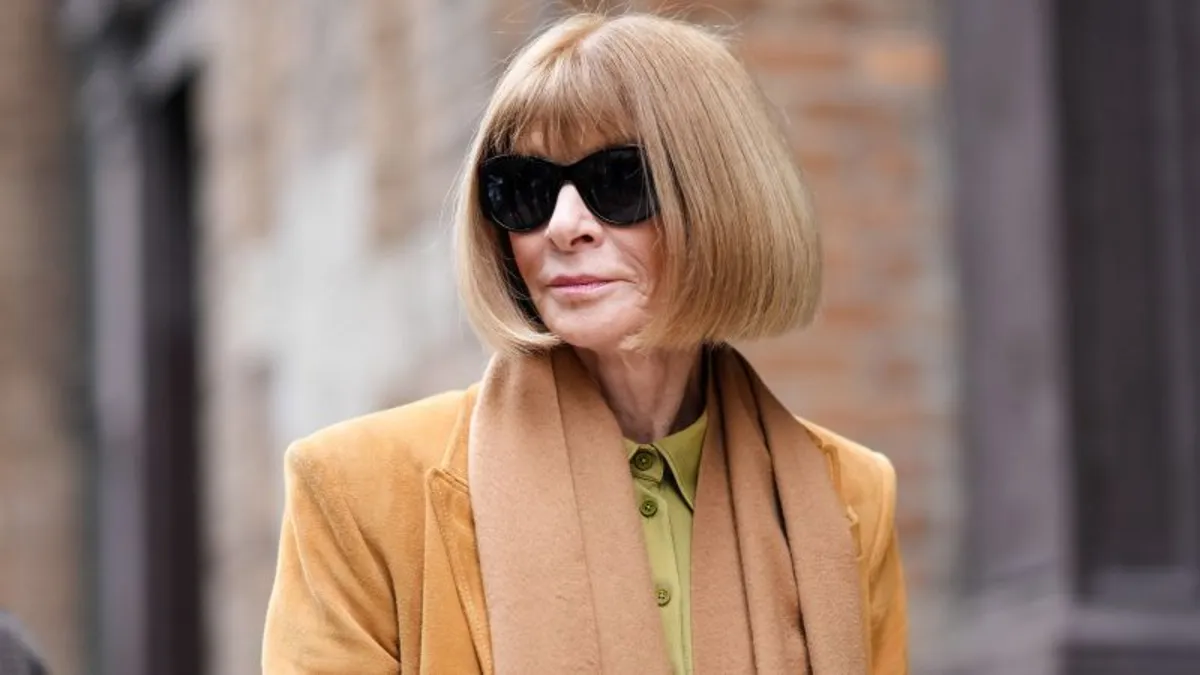
After nearly four decades of unparalleled influence in the fashion industry, Anna Wintour is stepping down as the editor-in-chief of American Vogue, as confirmed by the magazine’s publisher, Condé Nast, to CNN. Wintour delivered this significant news to her staff on Thursday, marking the end of an era for one of the most iconic fashion publications in the world.
While Wintour will exit her top role at Vogue, she is not leaving Condé Nast entirely. Instead, she will be scaling back her duties. Wintour will continue to serve as the publisher’s global chief content officer and will remain Vogue’s global editorial director. The position that will replace her at the helm of the storied American fashion magazine will be titled head of editorial content.
Throughout her tenure as Vogue’s editor-in-chief, Wintour has completely reinvented the publication. She transformed what was once considered an increasingly unadventurous title into a powerhouse capable of setting and dismantling trends and designers alike. Her editorial vision has made her a pivotal figure in the fashion industry, influencing countless styles and cultural moments.
Wintour's covers have consistently demonstrated her willingness to spotlight lesser-known figures and challenge the norms of high-end fashion titles. Her first issue, published in November 1988, featured Israeli model Michaela Bercu wearing stonewashed jeans— a landmark moment as it was the first time jeans had ever graced Vogue’s cover. This bold choice set the tone for the hundreds of issues that followed.
Under Wintour's leadership, the magazine evolved by embracing a more relaxed aesthetic, moving away from controlled studio headshots to casual, outdoor, upper-body shots. In 1992, she made history by featuring a man on the cover for the first time in Vogue's century-long tradition, showcasing Richard Gere alongside Cindy Crawford, his then-wife.
While Anna Wintour is most closely associated with Vogue, her impact extends beyond this iconic magazine. In 2020, she ascended to the role of Condé Nast's chief content officer, overseeing all of its titles globally, including Vanity Fair, Wired, GQ, Architectural Digest, Bon Appétit, and Condé Nast Traveler. Her recent shift in role is part of a larger global restructuring of the company rather than a retirement announcement.
The changing of the guard at American Vogue signifies a seismic shift in the fashion publishing landscape. This transition opens up a coveted opportunity for aspiring fashion editors and presents a chance for the industry’s most influential publication to explore new creative directions. Just two years ago, Chioma Nnadi made history as the first Black woman to lead British Vogue, succeeding Edward Enninful in his groundbreaking six-year tenure as the magazine’s first Black editor-in-chief.
As Wintour steps down, the fashion world watches closely to see who will take the reins of American Vogue and how they will shape the magazine’s future in an ever-evolving industry.